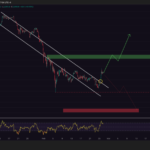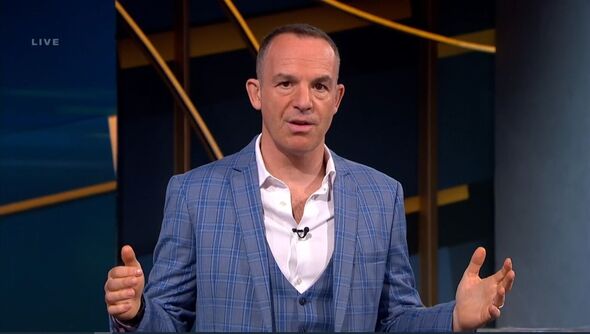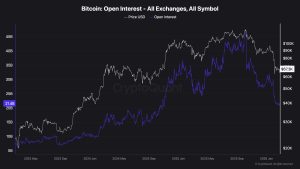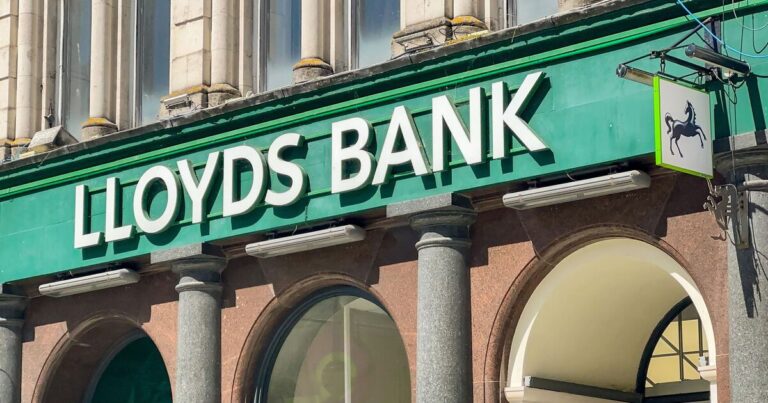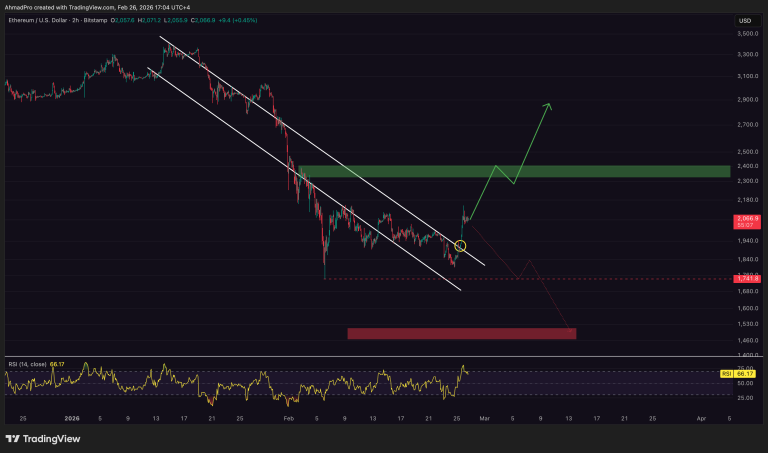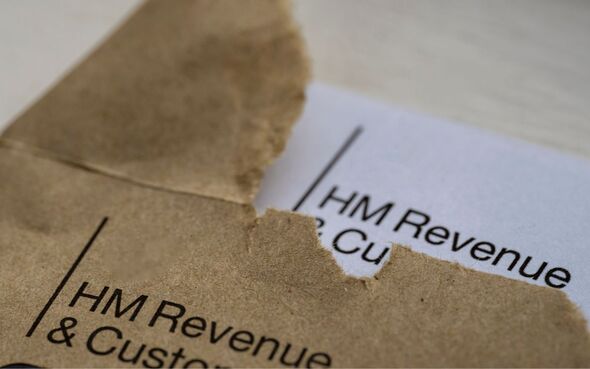
Martin Lewis has issued a Direct Debit alert to UK households switching energy deals. The MoneySavingExpert founder is urging anyone who is planning to switch to a new energy deal not to compare the costs by Direct Debit.
Lewis says you shouldn’t compare Direct Debit quotes for the best energy prices because they may not actually reflect which deal is cheapest, as they’re often only based on estimates of how much energy suppliers think you will use. Instead, you should look at the unit rates and standing charges on each tariff and compare which one is cheaper for usage and standing charges to work out the best deal, rather than just looking solely at the Direct Debit quote. Lewis said that prices listed by energy suppliers by Direct Debit can be “balderdash” as the figure is based on an estimate of your energy usage.
The advice comes after a user on X (formerly Twitter) asked Lewis for advice on a new fix ahead of energy bills going up from April. The user wrote: “Martin – what I don’t understand is that my current variable tariff has a monthly DD of £114 (elec only) and to fix they want £170+ a month? I know prices are going up after next week, but why the near 50% increase?”
In response, Lewis explained that Direct Debit quotes are based on energy usage estimates and without looking at the unit rate and standing charges on these tariffs, it’s hard to tell if deals are actually cheaper.
He wrote: “Don’t compare by the Direct Debit. That is based on an estimate of usage and can be balderdash. What energy costs is done by comparing the standing charge and unit rates (and if on price cap remember they rise next week).
“Direct debit going up unnecessarily is a function of bad estimates & systems. If you’re in credit and give regular meter readings just tell them its set too high and ask them to lower.”
The advice comes ahead of Ofgem increasing its price cap from April 1, which will take the average bill for households in England, Wales and Scotland on a standard variable tariff from £1,738 per year to £1,849. The 6.4% hike equates to a £111 annual increase, or around £9.25 per month over the three-month period of the price cap.
Ofgem says the increase in costs for the period from April to June 2025 is due to a recent spike in wholesale energy prices, which account for around 78% of the total increase.
The price cap sets the maximum rate per unit and standing charge that customers can be charged by suppliers for their energy use, which for an average household paying by Direct Debit for dual fuel equates to £1,849 per year from April 1.
But it’s possible to beat the April price cap by switching tariffs and fixing at a cheaper rate, with experts urging people to look for better deals now to protect against further price increases.





